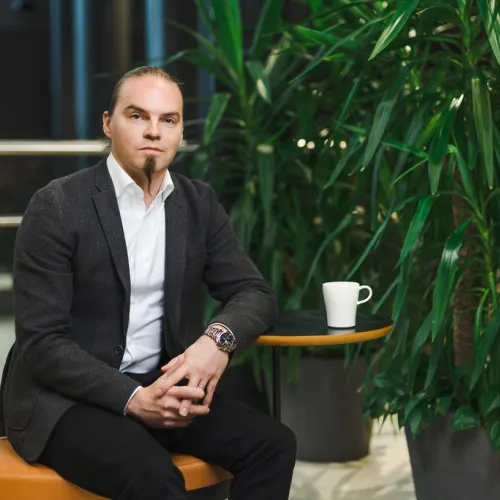The Collegium’s long-term mission is to enable conditions for radical innovations and breakthrough solutions, eventually addressing the wicked problems. The Collegium aims to unlock drivers behind scientific and technological breakthroughs by analyzing the structures, processes, incentives and cultural factors that could support innovation instead of suppressing it. This endeavor aims at creating a tradition of knowledge, understanding, and thinking in terms of breakthroughs, eventually inspiring further ambition to reach new ones.
The System Earth Collegium (SEC) at LUT University is a groundbreaking, long-term initiative designed to tackle the world's most challenging and complex menaces – the wicked problems. These are multifaceted issues like
- climate change and diversity loss,
- resource depletion and freshwater scarcity,
- energy crises and instability,
- conflicts and societal inequities.
All these demand multidisciplinary solutions. Conventional policies and practices often nourish incremental progress and swift publication rather than risking for the radical innovations necessary to address these global challenges.
The System Earth Collegium aims to complement this paradigm by cultivating a new culture of scientific inquiry focused on breakthroughs via understanding the premises leading to them.
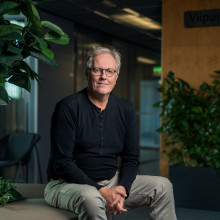
Mission and vision
Ambition in innovation
What sets the System Earth Collegium apart is its commitment to navigating towards solutions by understanding what really needs to change in the system of academic inquiry, and where do we find the catalysts, drivers, and true premises for breakthroughs. This approach will offer a valuable resource for any scientific institution dedicated to pushing the boundaries of knowledge.
“We need to break the system without breaking the system.” − Juha-Matti Saksa, rector of LUT University
Inaugural quest
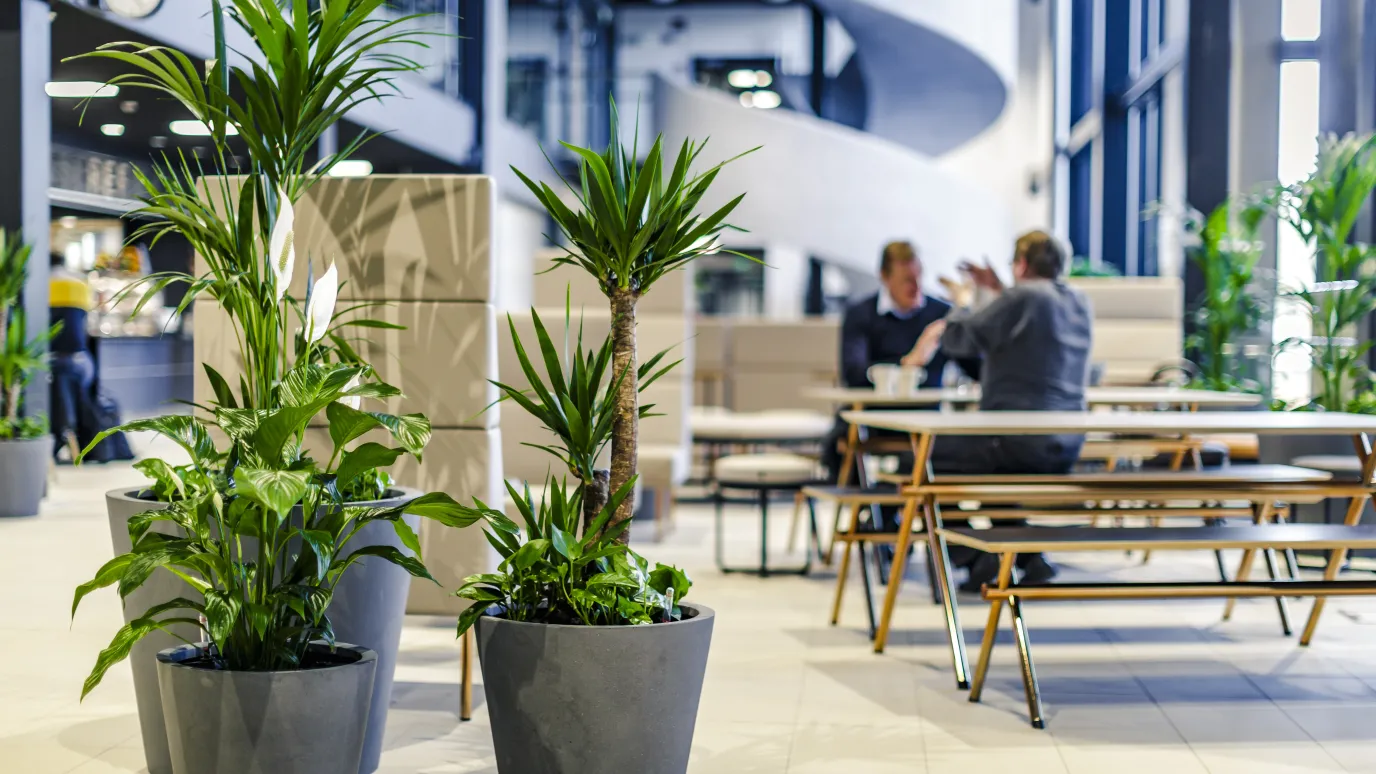
The System Earth Collegium initiative begins in 2025 with an inaugural quest.
As of its launch in 2025, the System Earth Collegium’s inaugural quest is to initiate a reflection/self-reflection cycle addressing the following questions:
- The academic system of inquiry, its structure and drivers: where should we take it?
- The role of the Collegium: how can it best support driving the change?
The Collegium therefore ignites a process to catalyze structural change in the academic system while admitting an honest feature of self-correction to evolve towards maximum impact.
Identify
Identify and study the elements that form the complex matrix of processes leading to scientific breakthroughs and radical innovations, and the structures suppressing them.
Examine
Examine the role of these elements and their interconnections, and find ways to affect those elements.
Develop
Develop a transformative system capable of identifying nonconformist ideas that have the potential to revolutionize science and produce breakthrough innovations.
Discover
Discover new ways to test and support these ideas and give them a chance in the paradigm that is dominated by incremental progress and fast publications.
Building on our trailblazer legacy
Building on LUT University's reputation as a trailblazer in scientific research, the System Earth Collegium will enhance the university's ability to drive innovation and solve pressing global issues by bringing different disciplines seamlessly together.
By fostering a culture that actively seeks reasons behind leaps of advance and encourages further ground-breaking research, the Collegium aims to elevate academic standards and contribute significantly to the advancement of science and technology.
This initiative represents a unique opportunity to transform the way we approach the most urgent challenges of our time – through new knowledge on what does it really take, and by seeding the ambition where it has the best grounds for germination.
Collegium Fellows
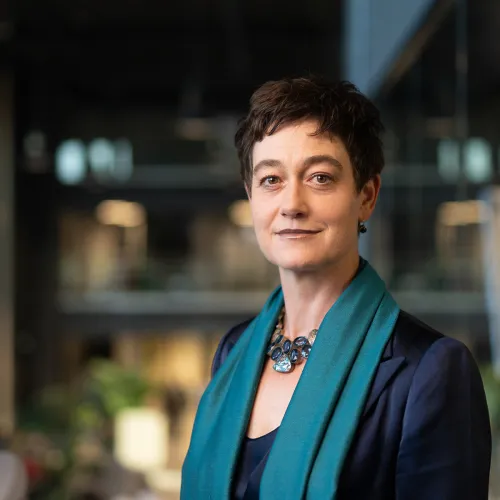
Kirsten Dunlop
Dr. Kirsten Dunlop is Chief Executive Officer at Climate KIC, Europe’s leading climate innovation agency and community. She brings to her role a deep conviction in our capacity to learn and evolve into a climate-resilient society, and her over 30 years of experience catalyzing systemic transformations in a career spanning academia, consulting, banking, and the insurance industry, across three continents.
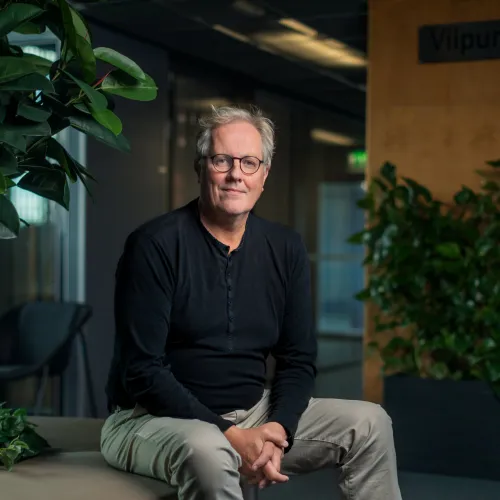
Karl-Erik Michelsen
Prof. emer. Karl-Erik Michelsen of LUT has had a long and international career. Michelsen's research interests include science, technology and the modern world. He is a humanist in his approach to life, but at the same time, humanism is a constant subject of criticism for him. Michelsen's research aims to transcend the boundaries of science and influence the surrounding society.
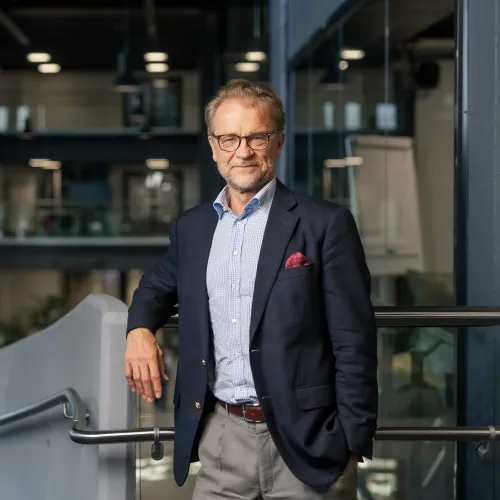
Mikko Kosonen
Dr. Mikko Kosonen is the previous Chair of Aalto University and former President of Sitra. His mission is to promote new future-oriented operating models to build Finland’s sustainable well-being. Kosonen aims to help society change for the better by providing foresight, practical experimentation and developing sustainable business practices.
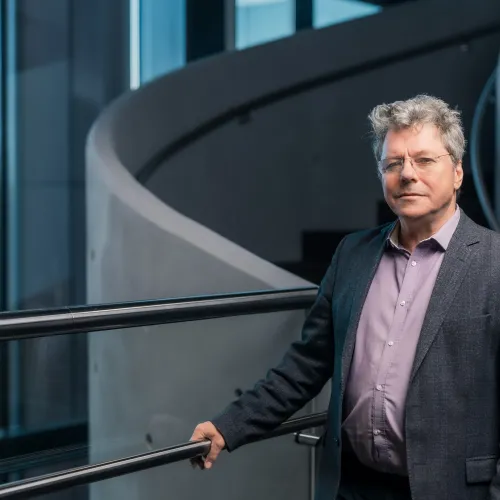
Simon Saunders
Prof. emer. Simon Saunders from the University of Oxford is the leading professor in philosophy of physics. His research domain includes philosophy of science particularly in relation to foundational questions in quantum theory, relativity, and cosmology.
Application process for the Visiting Fellowship
System Earth Collegium fellowships are currently granted on an invitations-only basis. The Collegium aims to open fellowship positions for application in late 2026.
Contact information
